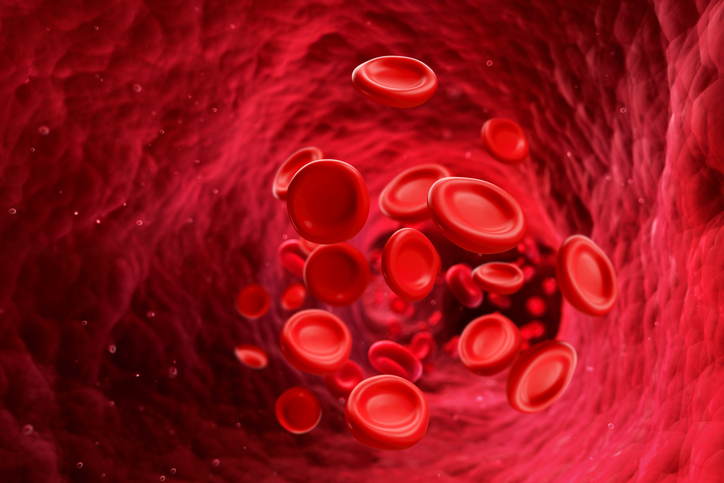
Quercetin, a common plant pigment, was associated with significant blood pressure reductions in patients with cardiovascular disease, according to a new paper in Nutrition Reviews.
“Clinical trials examining the cardiovascular protective effects of quercetin in humans have reported conflicting results,” researchers wrote in the abstract. “The aim of this systematic review was to summarize evidence of the effects of quercetin supplementation on plasma lipid profiles, blood pressure, and glucose levels in humans by performing a meta-analysis of randomized controlled trials.”
Quercetin is typically found in plants and foods such as red onions, teas, red wine, and apples. The analysis included trials assessing the effects of quercetin or quercetin-enriched extract on plasma lipid profiles, blood pressure, and glucose levels (in humans), were included. The authors pulled data from the MEDLINE, Embase, and Scopus databases. The authors used a random-effects model for data analysis, and expressed continuous variables as weighted mean differences and 95% confidence intervals. They also conducted subgroup analyses to tease out possible influences of study characteristics, as well as publication bias and sensitivity analyses. The analysis ended up including 17 trials (896 participants total).
According to the results, the pooled research showed that quercetin was associated with significant reductions in systolic blood pressure (WMD: −3.09 mm Hg; 95% CI, −4.59 to −1.59; P=0.0001) and diastolic blood pressure (WMD: −2.86 mm Hg; 95% CI, −5.09 to −0.63; P=0.01). The authors reported no significant changes in lipid profiles or glucose concentrations. The authors also reported changes in high-density lipoprotein and triglyceride levels in the trials that had a parallel design and in which patients received quercetin for eight weeks or more. No serious adverse events were reported in any of the studies included in the analysis.
“A reduction in blood pressure of more than 10 mm Hg lowers cardiovascular risk by 50% for heart failure, 35% to 40% for stroke, and approximately 20% to 25% for myocardial infarction,” a press release accompanying the study said. “Researchers here found that the favorable effects of quercetin on blood pressure support the use of quercetin in patients with hypertension.”
Quercetin intake significantly lowers blood pressure. 🧅🧅🧅
An analysis of 17 RCTs including 896 total participants found that quercetin significantly lowered both systolic BP (−3.09 mmHg) and diastolic BP (−2.86 mmHg).https://t.co/kHd7pF4OHF
— humanOS.me (@humanOS_me) January 16, 2020
https://twitter.com/osteoottawa/statuses/1217837327118106624







 © 2025 Mashup Media, LLC, a Formedics Property. All Rights Reserved.
© 2025 Mashup Media, LLC, a Formedics Property. All Rights Reserved.